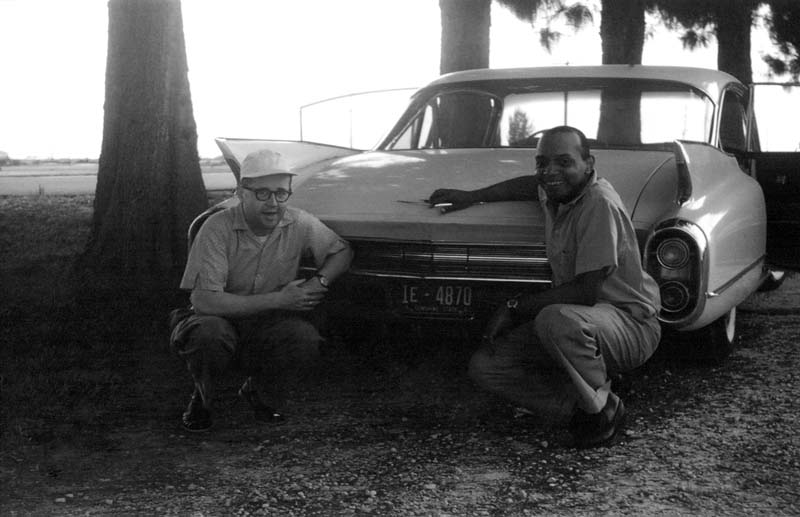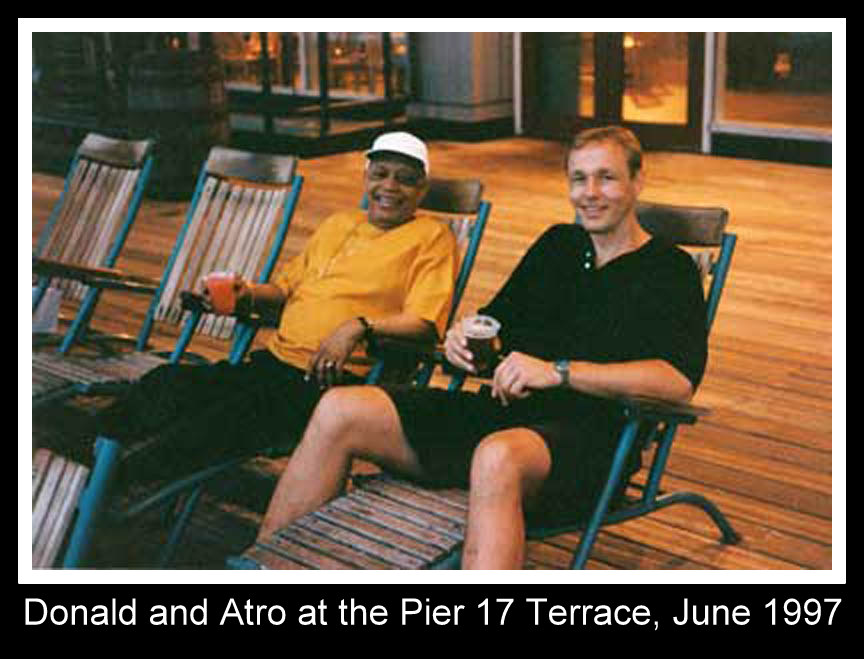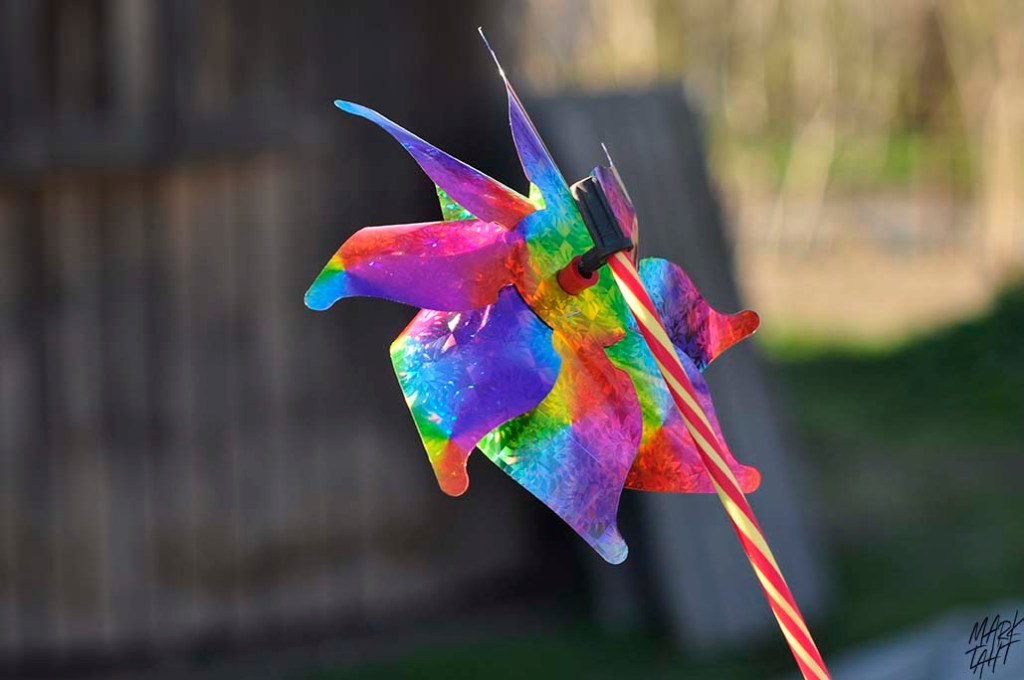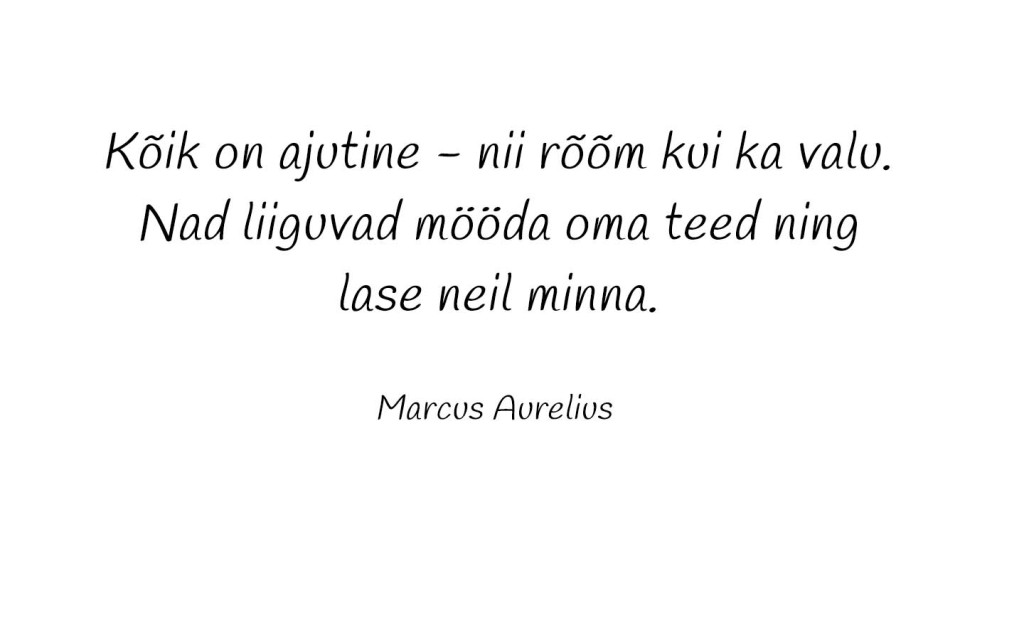Unveiling the Forgotten Trio and its Leader, Donald Shirley, Featured in the Movie Green Book.
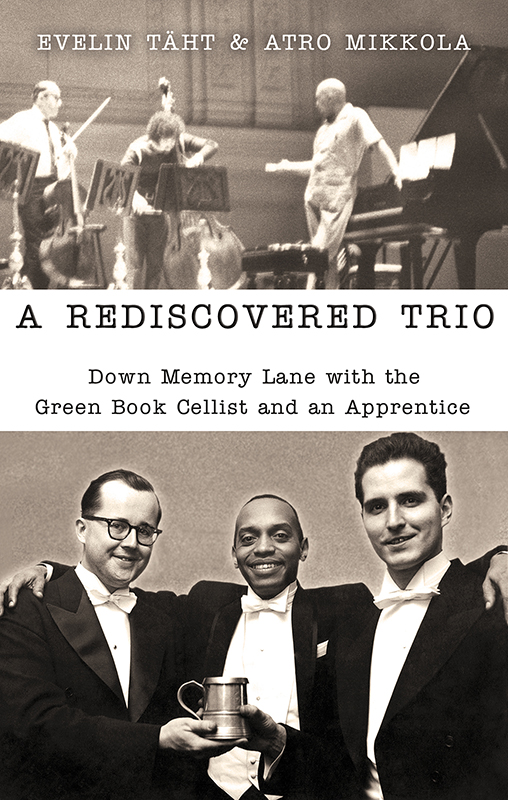
True stories from two men who witnessed the brilliance and complexity of piano virtuoso Donald Shirley: Estonian cellist Juri Taht, a longtime colleague, and Finnish double bass player Atro Mikkola, who was Donald’s apprentice.
Info about co-author Atro Mikkola
Details:
Only in e-book format. Written in English.
Step into a world where lives intertwine and connections captivate. Join Juri and Atro on their timeless journey. Through illustrations and personal memories, their stories unfold, weaving a tapestry of shared moments. Immerse yourself in this captivating realm where memories come alive, and experience the enchanting power of their stories.
Juri and Atro met Donald at different times in his life. They only met each other in 2019, after the release of the Hollywood movie Green Book. In 1957, Juri first met Don when they were both almost thirty. They had a long and casual professional relationship as colleagues. In 1983, Juri’s new job took him away from New York, causing him to lose touch with Don. Atro knew the mature and sophisticated version of Dr. Shirley as his music student. Atro met Donald in 1995 and stayed in touch with him for the last seventeen years of Shirley’s life, making yearly visits to New York and having regular long phone calls.
When Donald Shirley died in April 2013, Michiel C. Kappeyne, Donald’s heir and protégé, wrote a bio-obituary, displayed in this book. Michiel’s writing has never been published in its original state because, at the time of Donald’s passing, he wasn’t considered famous enough.
Experience the enchanting power of intertwined lives and heartfelt connections. Dive into this captivating book and let their stories inspire you. Grab your copy now and embark on a remarkable adventure where destinies intertwine and memories come alive.
The original trio performance from Juri Taht´s personal collection.
Movie Green Book vs Real Life, According to the Cellist
The three Oscar-winning movie Green Book is based on the true story of the friendship between pianist Donald Shirley and his personal driver Tony during a concert tour of the American Deep South in 1962. It focuses on Tony’s personal growth. Although inspired by true events, the film is not a documentary. Juri Taht, a member of the trio, was the only surviving prototype character at the time of the movie’s release. Donald, Kenneth, and Tony all passed away in 2013.
Juri recalls that Tony and Donald could have had a good relationship, as they spent time together during car rides. However, Juri only briefly saw Tony in Donald’s life as he didn’t work for him for long. The portrayal of their friendship in the movie surprised Juri, as he believed it was more of an employer-employee relationship. In reality, Donald was a lonely genius focused on his music.
Juri questions why he was portrayed as Russian in the movie when he and Donald didn’t speak Russian to each other in real life. Juri, a World War II refugee from Estonia, felt dismayed by this portrayal. He had to leave his homeland of Estonia to escape the mass murders of Stalin’s Soviet Union, not a pleasant childhood memory. Probably nobody even took the time to find out who he really was and what language he spoke, assuming that every Juri is Russian.
The movie Green Book is now widely available for viewing on various platforms, but more about Donald Shirley and his music can be found in a newly edited e-book. Find platform for reading e-book here.
“Lullaby in Birdland” was reconstructed for the film Green Book. The original here is a good example of the mastery and skills of the piano virtuoso (Richard Davis on the bass). For the film soundtrack, it was written by George Shearing and George David Weiss and performed by Kris Bowers.
